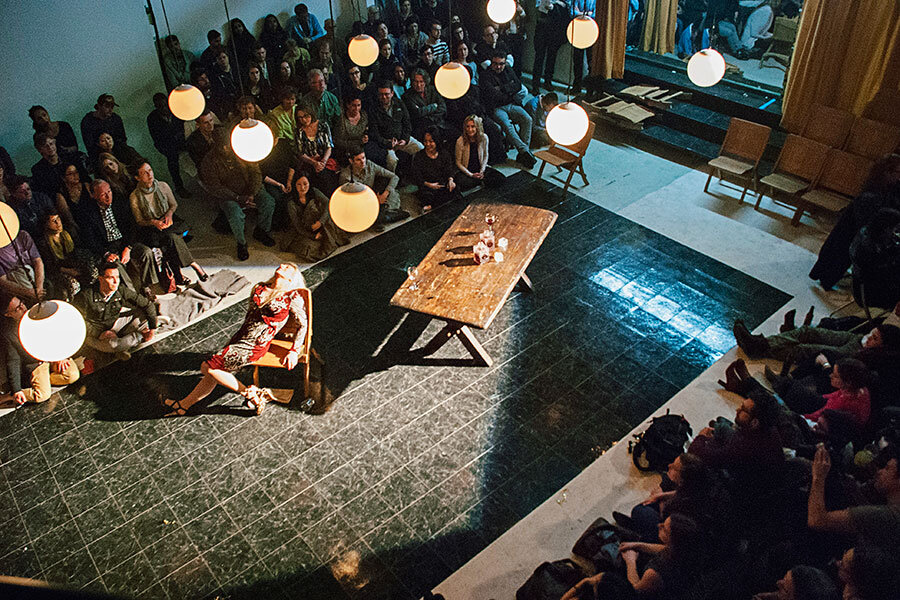Opera keeps finding its way
Retired San Francisco technical writer Louis Hirsch considers his first opera to be the 1954 movie version of “Carmen Jones,” a Broadway musical that adapted Georges Bizet’s 19th-century opera “Carmen” by reimagining the European masterpiece in the American South with an all-black cast.
Olivia Blanchflower, a 30-something New Yorker who works for a nonprofit food-distribution project, has become a fan of operas performed in intimate settings, such as in garages and lofts.
Opera has long had a knack for reaching new audiences. Today, in the face of a bruised economy and competition for audiences’ time and donors’ money, opera companies are even more lean and agile. Newcomers, such as LoftOpera in Brooklyn, New York, experiment with hip venues – and cheap tickets. Composers explore contemporary themes, and stars are active on social media.
Marc Scorca, president of OPERA America, speculates about one more reason opera is flourishing: Its fusion of words, music, and the visual art of the theater suits our multimedia age.
“We really have not seen such a level of creativity ... in the history of American opera,” says Mr. Scorca, whose organization brings together opera companies and others to support the art form.
Challenges include getting new listeners to keep coming back, says Andrew Ousley, who has helped organize unique events such as an evening performance by Metropolitan Opera star Lawrence Brownlee in a Harlem church’s crypt.
Composer Jake Heggie’s 2015 opera, “Great Scott,” takes on the relevancy issue. In Terrence McNally’s libretto, opera star Arden Scott – played in the Dallas première by Joyce DiDonato, who has 32,000 Twitter followers – questions whether devoting her life to opera was worthwhile.
Opera “continues to exist because it means so much to so many people,” Mr. Heggie says.
Since seeing “Carmen Jones,” Mr. Hirsch has been devoted to what he calls “a wonderful form of music and expression.” And Ms. Blanchflower says she is heartened to know innovation is part of the history as opera keeps “finding a way to people.”





